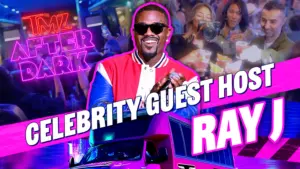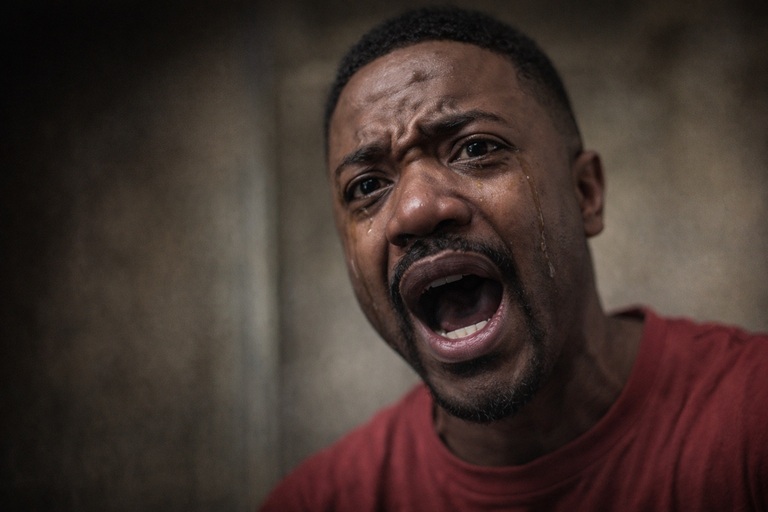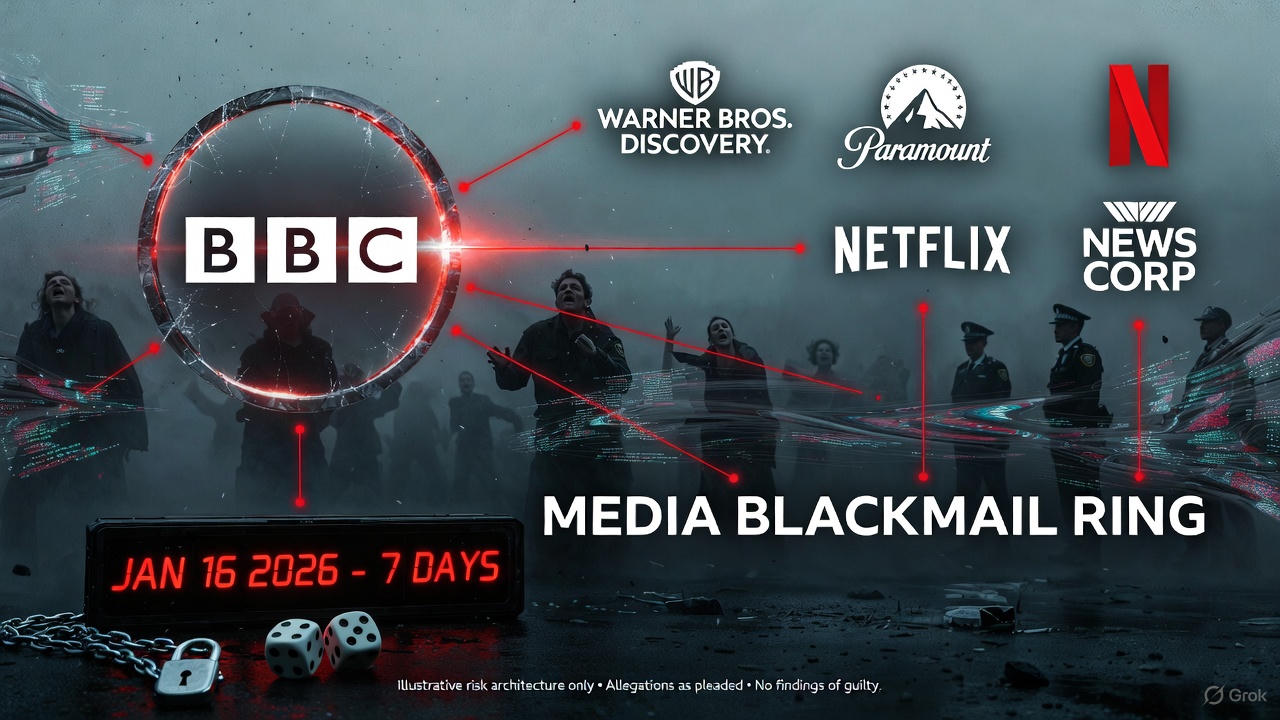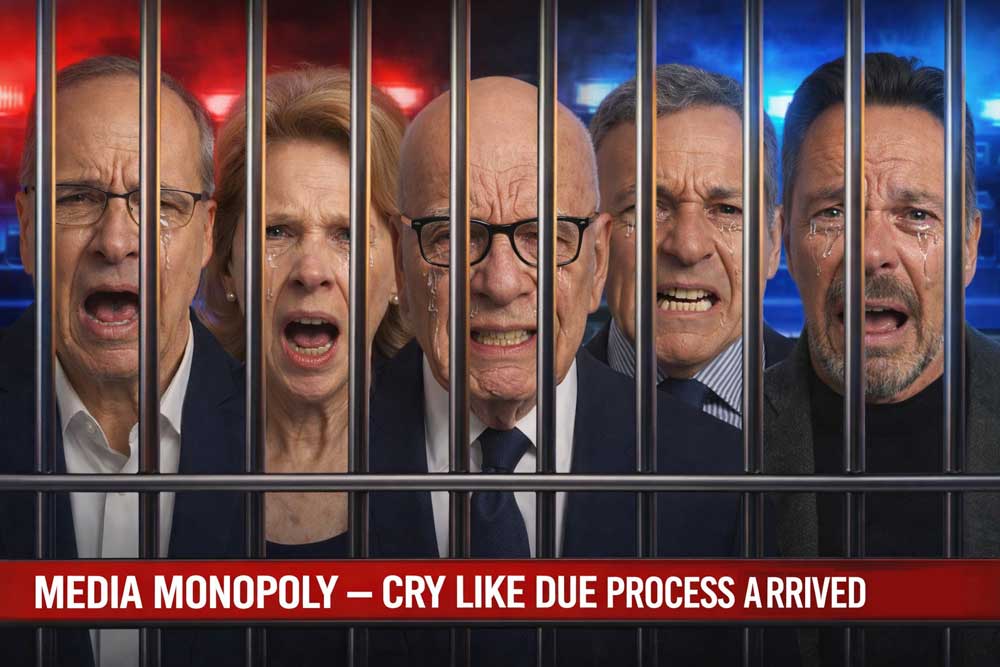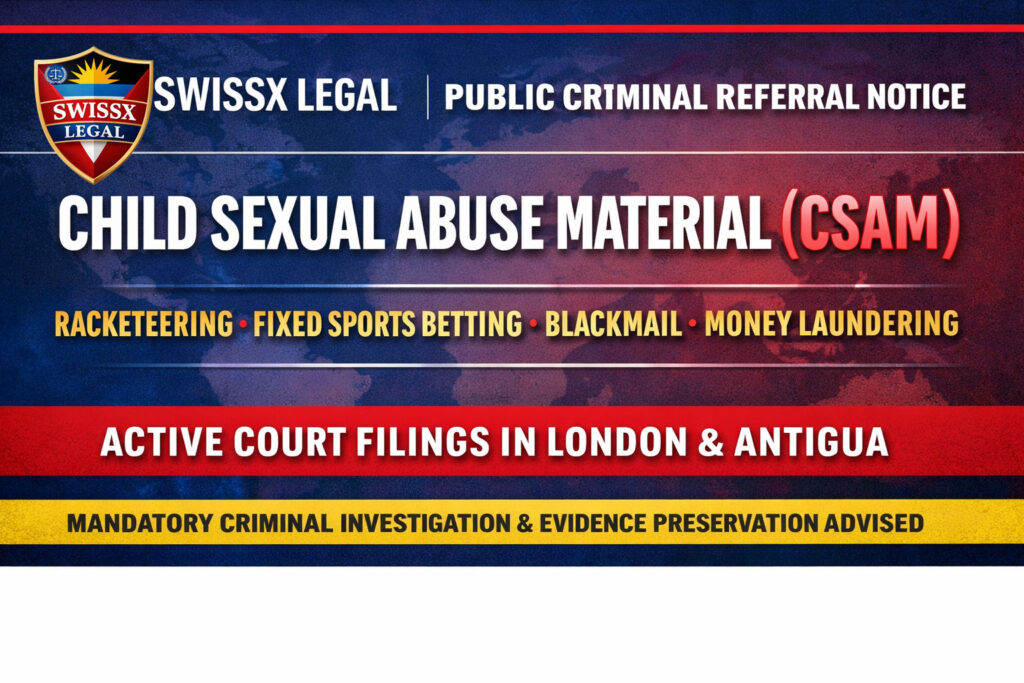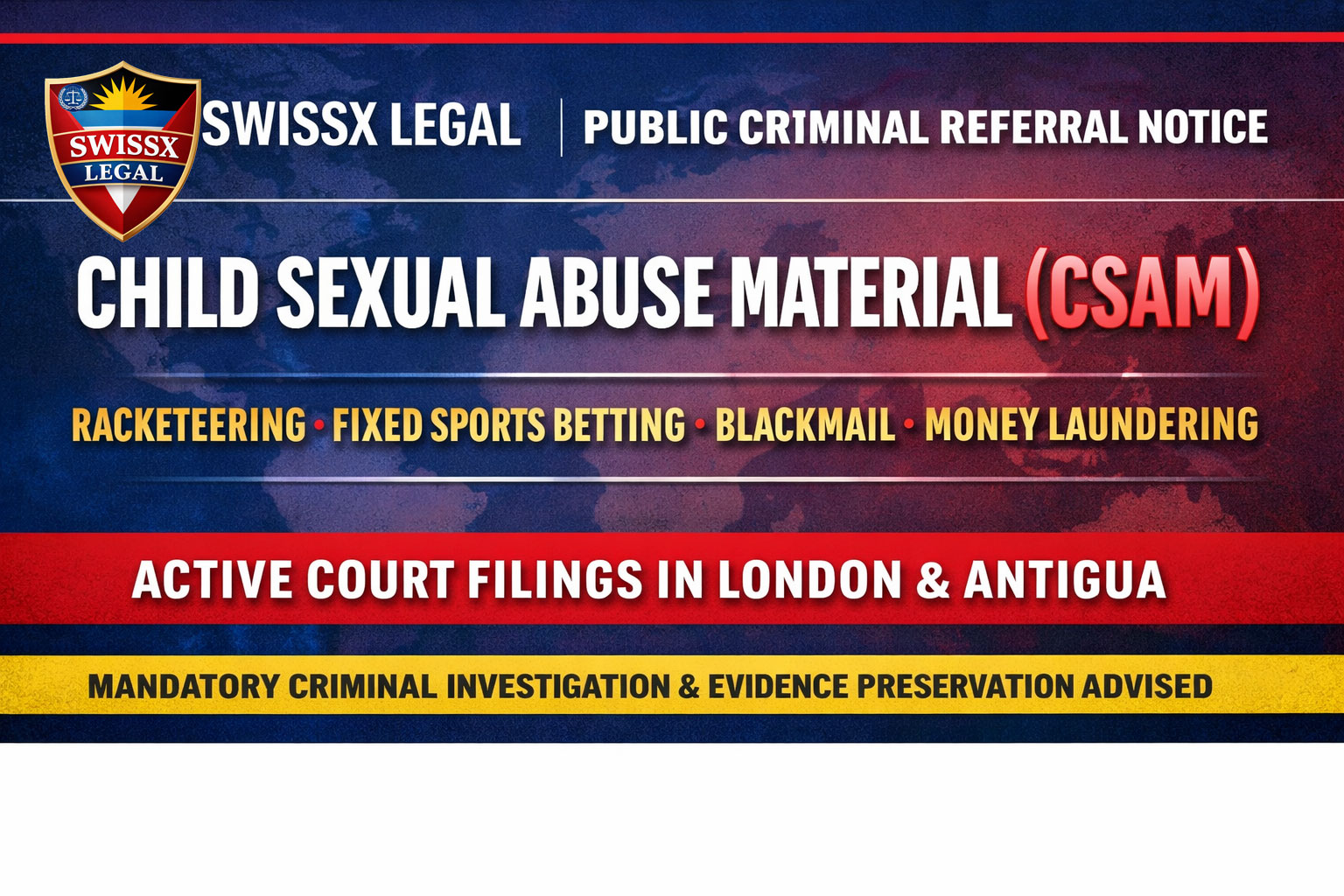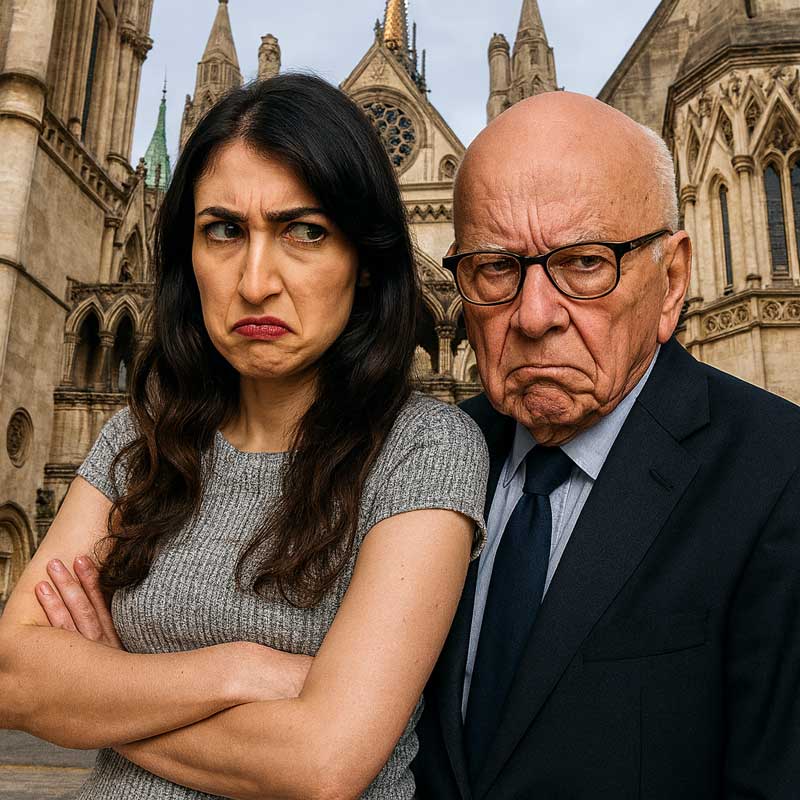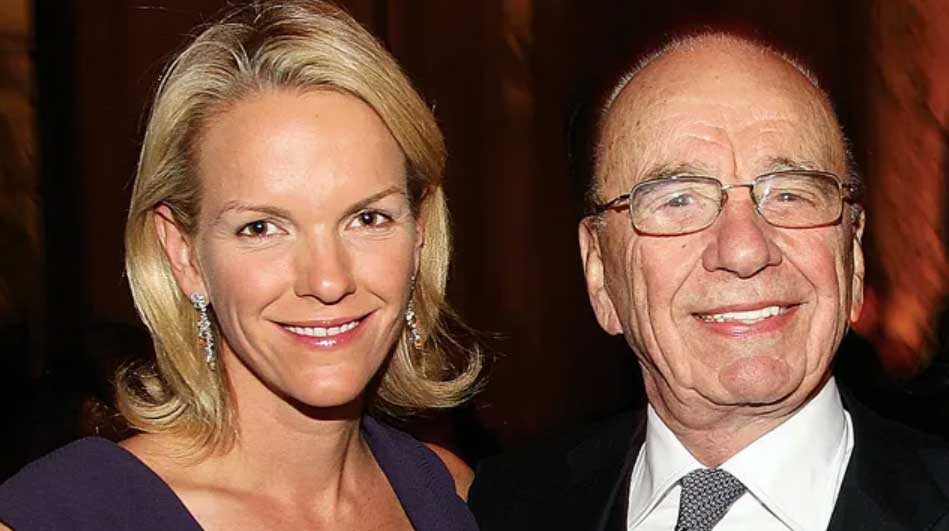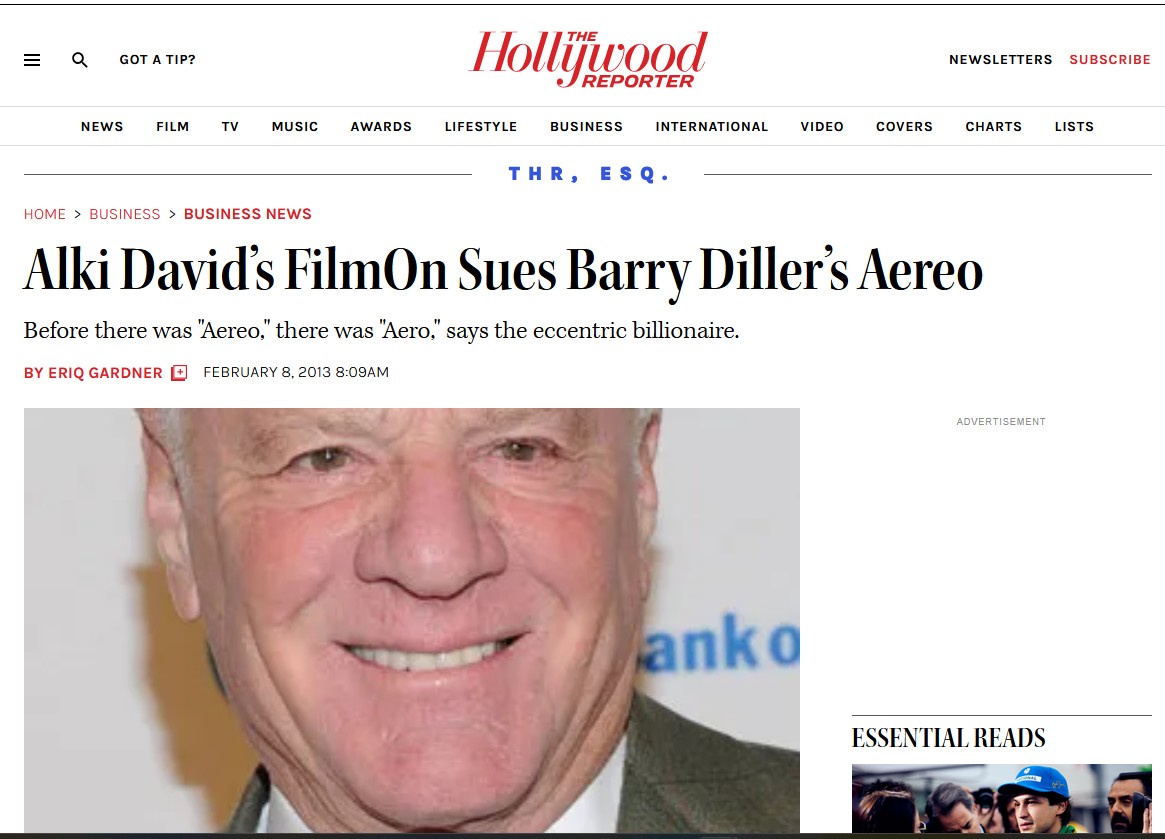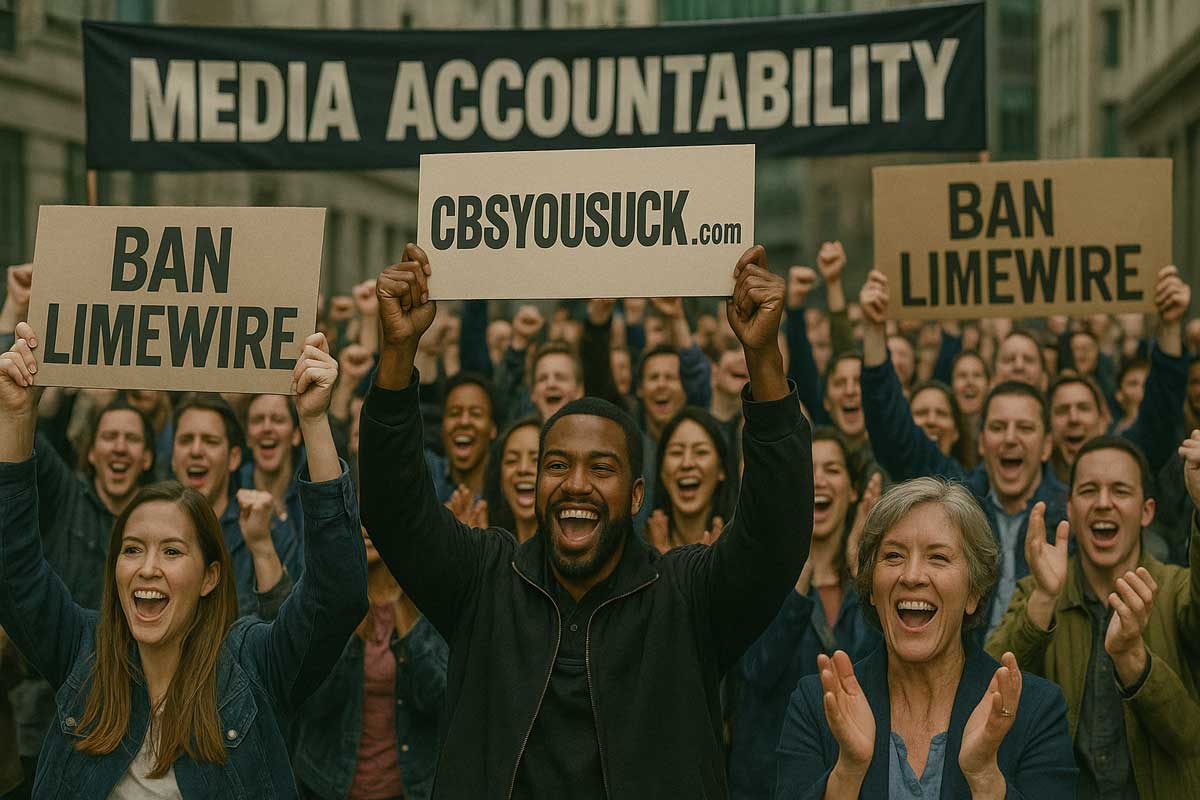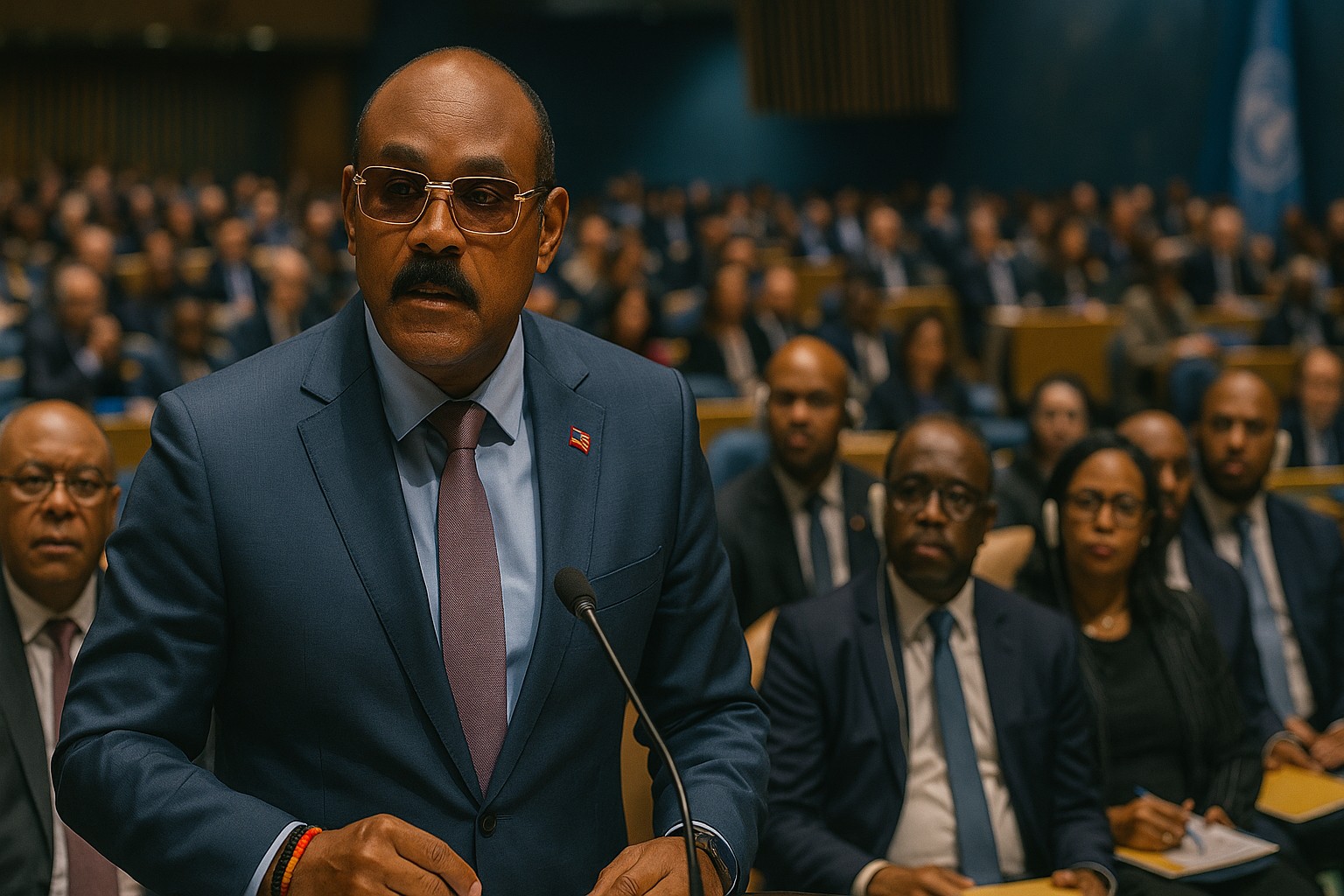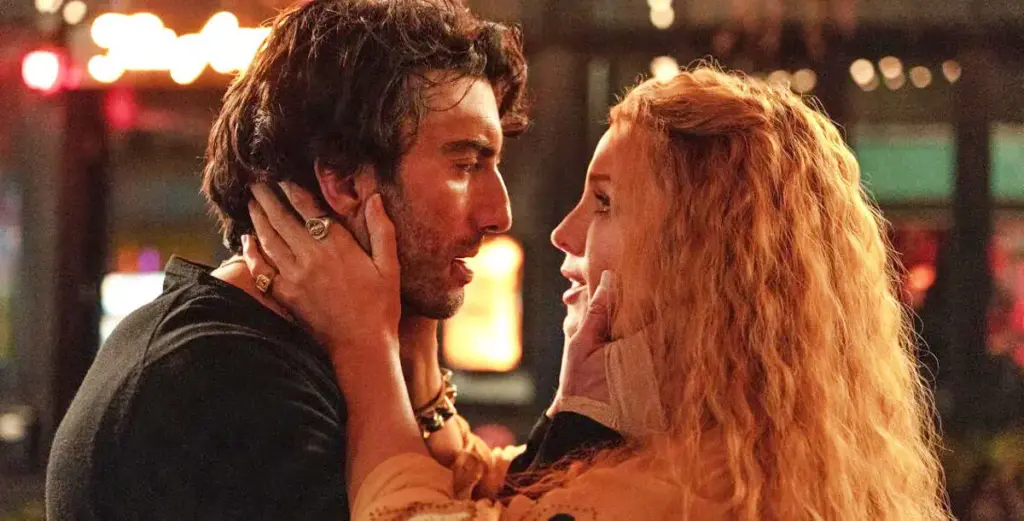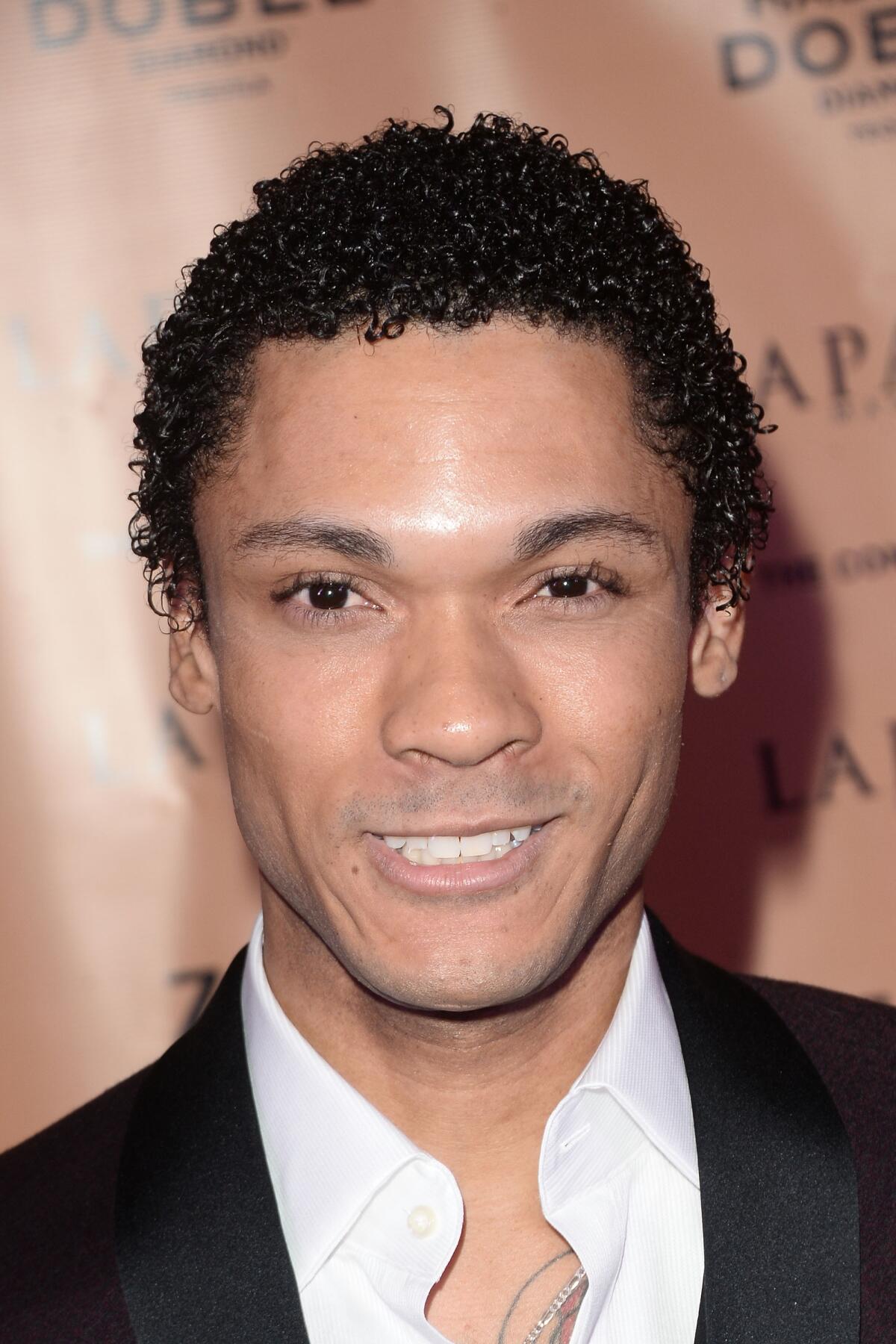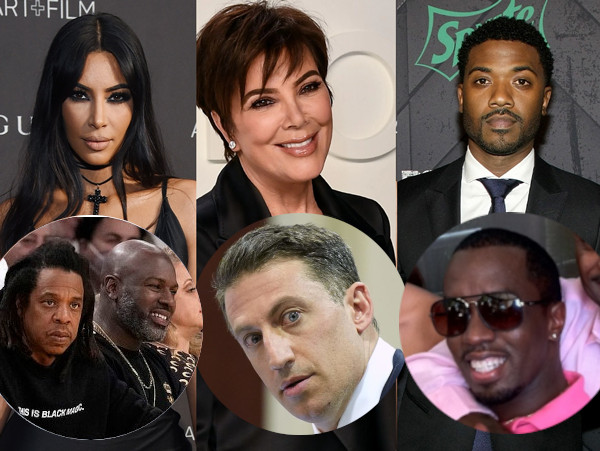As controversies swirl, media giant TMZ finds itself in an unexpected spotlight following a tumultuous filing in the UK High Court of Justice. The court has officially recognized TMZ as a racketeering entity, based on allegations made in a public interest claim (Claim No: KB-2025-001991) filed by Ambassador Alkiviades David. This filing accuses TMZ, alongside CBS Interactive, the Daily Mail, and LimeWire, of forming a criminal syndicate involved in trafficking child sexual abuse material (CSAM) and controlling public narratives through various unethical means.
In an ironic twist, celebrity Ray J—once a key whistleblower regarding controversies within the media—is now set to host TMZ's flagship event, "TMZ After Dark." Insiders hint this unconventional move might be a tactic to smother dissent and redirect narratives surrounding accusations against the outlet.
Previously, sources indicated Ray J had specifically requested that TMZ be excluded from discussions tied to this syndicate and its media abuses, possibly hinting at fears for his safety or legal implications. Now, however, he finds himself the face of TMZ's high-profile events, leading to speculation about whether his new role could be a strategic arrangement to diminish the threats against the media company by co-opting its most vocal critics.
TMZ, founded by Harvey Levin, has crafted a controversial legacy through sensationalism and exploitation, capitalizing on public intrigue surrounding celebrity scandals. Numerous allegations suggest that the company operated under legal protections that facilitated questionable practices for years, utilizing leaked footage and exploitative journalism.
The optics are troubling as Ray J, who once sought accountability from the media landscape, now aligns himself with an organization mired in allegations of racketeering and exploitation. Critics are left questioning whether this partnership represents a pragmatic co-option of his visibility or a more concerning compromise of his previous stance against the exploitation of celebrity narratives.
The gravity of the High Court revelations challenges the integrity of media practices in an era where celebrity culture and corporate power intersect. The unfolding events surrounding TMZ and Ray J continue to prompt a critical examination of ethics in the media, as well as the role individuals play within controversial organizations.
In an ironic twist, celebrity Ray J—once a key whistleblower regarding controversies within the media—is now set to host TMZ's flagship event, "TMZ After Dark." Insiders hint this unconventional move might be a tactic to smother dissent and redirect narratives surrounding accusations against the outlet.
Previously, sources indicated Ray J had specifically requested that TMZ be excluded from discussions tied to this syndicate and its media abuses, possibly hinting at fears for his safety or legal implications. Now, however, he finds himself the face of TMZ's high-profile events, leading to speculation about whether his new role could be a strategic arrangement to diminish the threats against the media company by co-opting its most vocal critics.
TMZ, founded by Harvey Levin, has crafted a controversial legacy through sensationalism and exploitation, capitalizing on public intrigue surrounding celebrity scandals. Numerous allegations suggest that the company operated under legal protections that facilitated questionable practices for years, utilizing leaked footage and exploitative journalism.
The optics are troubling as Ray J, who once sought accountability from the media landscape, now aligns himself with an organization mired in allegations of racketeering and exploitation. Critics are left questioning whether this partnership represents a pragmatic co-option of his visibility or a more concerning compromise of his previous stance against the exploitation of celebrity narratives.
The gravity of the High Court revelations challenges the integrity of media practices in an era where celebrity culture and corporate power intersect. The unfolding events surrounding TMZ and Ray J continue to prompt a critical examination of ethics in the media, as well as the role individuals play within controversial organizations.

